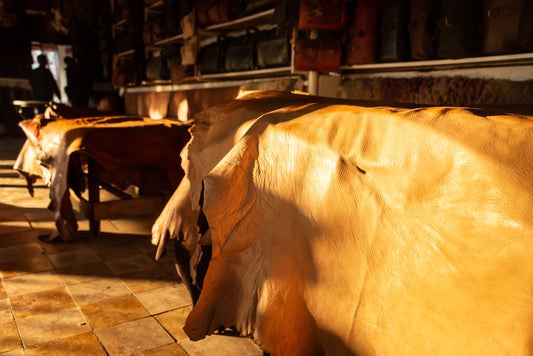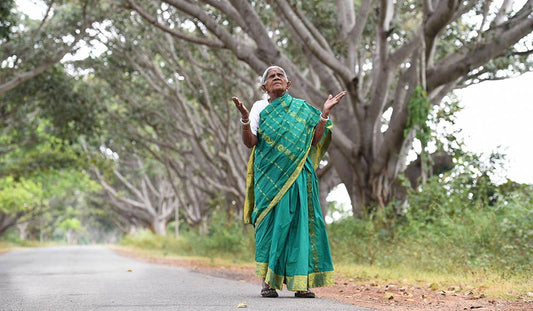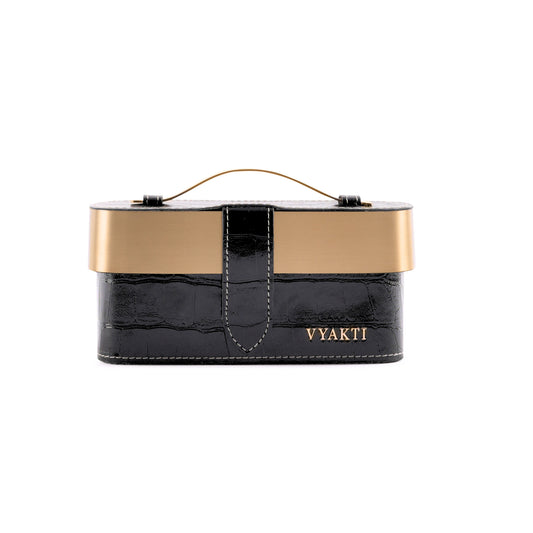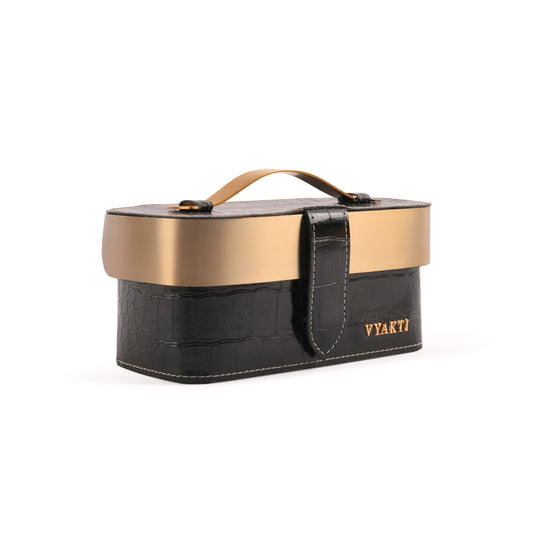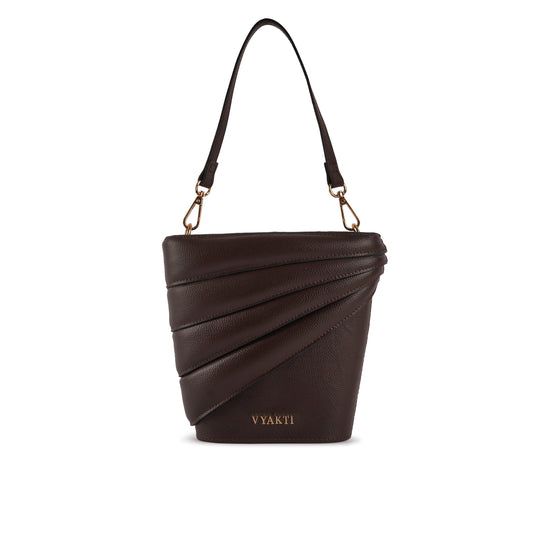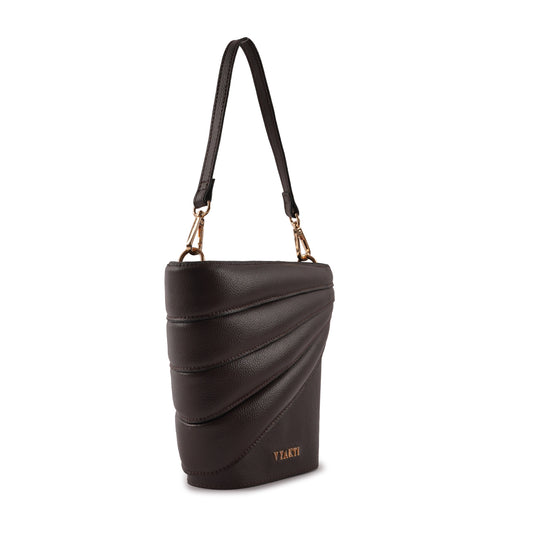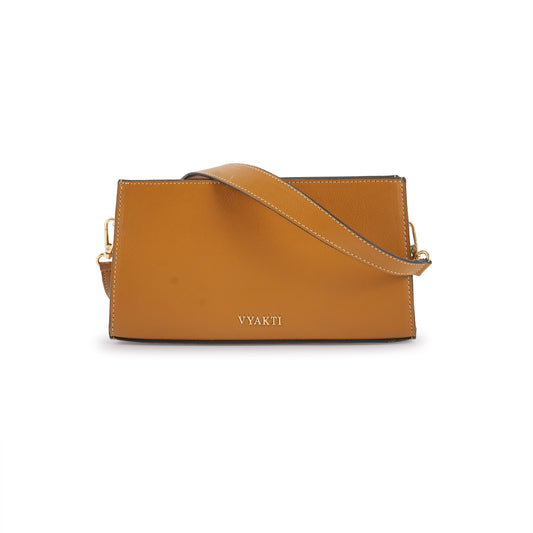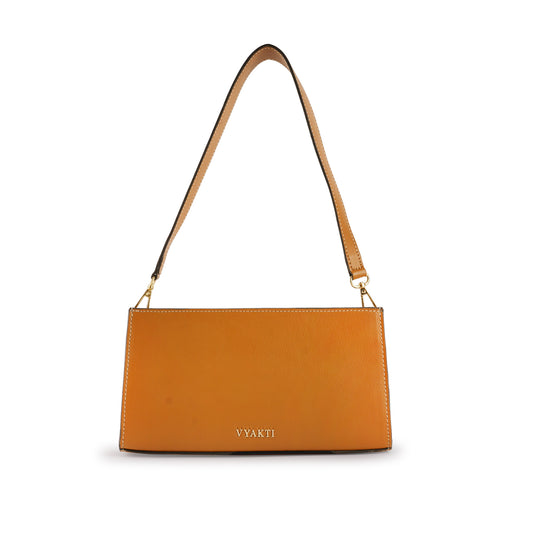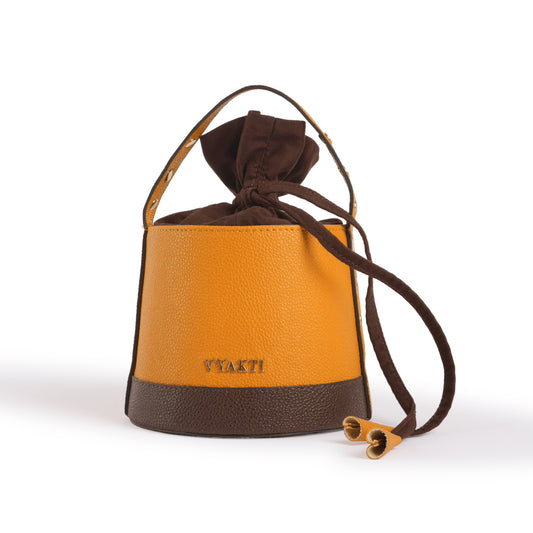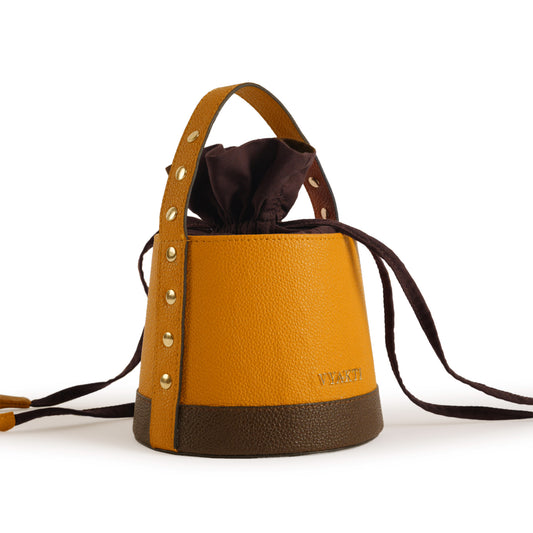The fashion industry's environmental footprint is a pressing concern. Leather production, a core component, is a significant contributor to this impact. According to the United Nations Environment Programme (UNEP), the fashion industry is responsible for approximately 8-10% of global greenhouse gas emissions. Leather production, with its intensive resource use and chemical processes, accounts for a substantial portion of this figure.
A stark example of the industry's water footprint is revealed in a 2018 study by Good on You: producing just one kilogram of traditional leather requires a staggering 8,000 liters of water – equivalent to nearly three average-sized swimming pools. Moreover, the tanning process, a crucial step in leather production, is a chemical-intensive process that often involves hazardous substances such as chromium and formaldehyde. These chemicals can contaminate water bodies, posing risks to aquatic life and human health.
In stark contrast, vegan leather offers a more sustainable and ethical alternative. Crafted from a diverse range of plant-based materials, including pineapple leaves, cork, and cactus, vegan leather provides a cruelty-free and eco-conscious option. Cactus leather, in particular, has emerged as a promising sustainable material. Derived from the Nopal cactus, a plant known for its resilience in arid climates, cactus leather offers a unique blend of durability and eco-friendliness. By repurposing a plant that thrives in harsh conditions, cactus leather minimizes the strain on agricultural resources.
The environmental advantages of vegan leather extend beyond material sourcing. A study by the University of Leeds found that producing one kilogram of polyurethane (PU), a common vegan leather material, generates approximately 60% less greenhouse gas emissions compared to traditional leather. Additionally, PU-based vegan leather often requires 30-50% less water and energy throughout its production process.
Driven by a growing consumer consciousness, the demand for vegan leather is surging. A report by Grand View Research predicts that the global vegan leather market will reach a staggering USD 41.4 billion by 2027, growing at a CAGR of 11.2% from 2022 to 2027. This rapid growth signifies a shift towards a more sustainable and compassionate fashion industry.
The journey from cow to cactus represents a paradigm shift. Vegan leather is not merely a trend but a testament to human ingenuity and a commitment to a more ethical and sustainable future. By choosing vegan leather, consumers can make a powerful statement and contribute to a fashion industry that prioritizes both style and conscience.
SOURCE:
-
Lee, S. (n.d.). Leather Can Now Be Made In A Lab – 4 Amazing Innovations. Good On You. https://phys.org/news/2024-04-scientists-plastic-free-vegan-leather.html
-
PETA. (n.d.). Vegan Leather: What It Is and Why It Belongs in Your Closet. https://www.peta.org/living/personal-care-fashion/vegan-leather-chic-sustainable-and-fruity/
-
WebMD. (n.d.). What to Know About Vegan Leather. https://www.joann.com/pleather/xprd757783.html
-
Grand View Research. (2023). Vegan Leather Market Size & Share Reports. [Online] Available at: https://www.grandviewresearch.com/industry-analysis/vegan-leather-market


